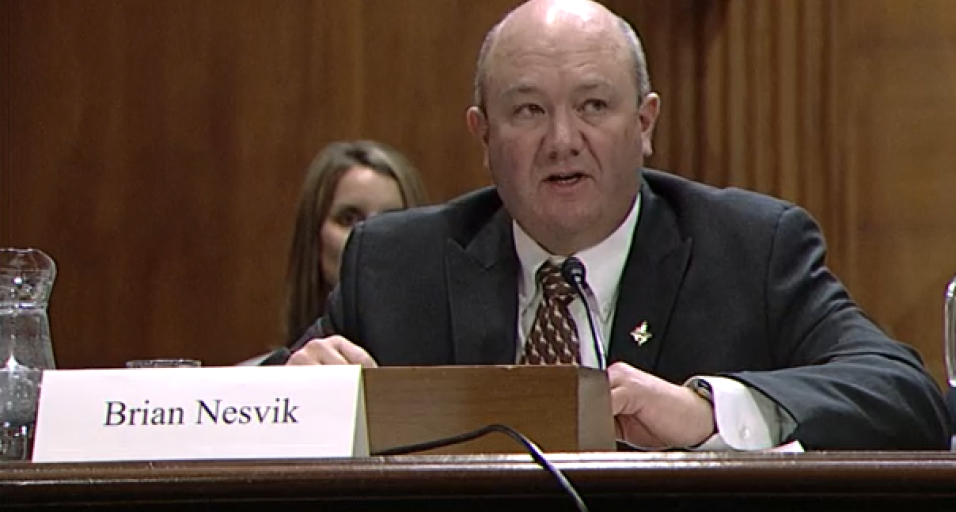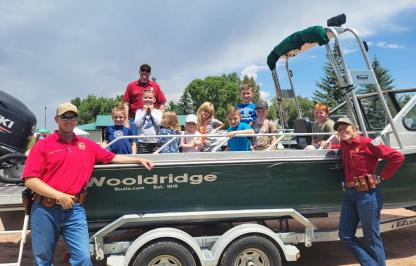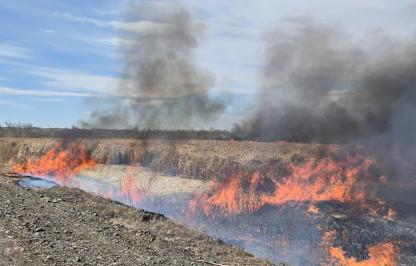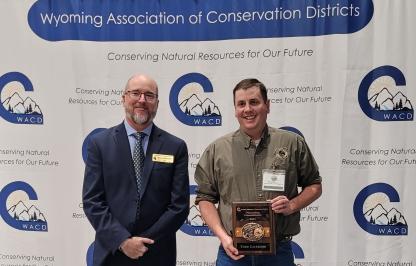Wyoming Game and Fish Department Director Brian Nesvik testified this week to the U.S. Senate Committee on Environment and Public Works, applauding their consideration to form a U.S. Fish and Wildlife Service Chronic Wasting Disease Taskforce. CWD is currently found in 26 states and four Canadian provinces, drawing national attention as it spreads throughout North America.
“This is a national problem that requires the collective thought, wisdom and experience of members of the government, academics, non-governmental organizations and elected leaders,” Nesvik told the EPW committee chaired by Wyoming Sen. John Barasso Wednesday.
Nesvik’s testimony provided a history of CWD management in Wyoming and impacts to the state’s wildlife populations. CWD a chronic, fatal disease of the central nervous system in mule deer, white-tailed deer, elk and moose. These disorders are caused by abnormally folded proteins called “prions.”
“Since we discovered CWD in our state 40 years ago, we have looked at all options to find solutions to slow its spread and seek answers to tough questions,” Nesvik said. “We have engaged in our own vaccine research in the past and worked with regional and national experts to share ideas and identify potential management options.”
In testimony, Nesvik outlined some of the benefits a national CWD taskforce could provide to Wyoming and other states including: improved information sharing, funding for expensive CWD research, bringing together experts and cross-state coordination on carcass transport and disposal policies.
Recently, Wyoming has expanded its efforts to study and manage CWD. For the 2019 hunting season, Game and Fish focused CWD surveillance on specific areas throughout the state to better understand how this disease may affect the health of Wyoming’s deer and elk populations. Hunter participation is part of the three-pronged management approach to collecting lymph node samples. Testing lymph nodes is currently the only way to detect the prion that causes the always-fatal disease.
“We ask hunters to voluntarily submit samples, set up check stations to take samples and also target animals that look sick,” Nesvik said.
Game and Fish convened a collaborative CWD Working Group to provide input on updating the state’s CWD management plan. A draft of the plan is available for public comment now and public meetings are being held throughout the state.
Wyoming Game and Fish director testifies to US Senate Committee about CWD
Sara DiRienzo (307-777-4540)




